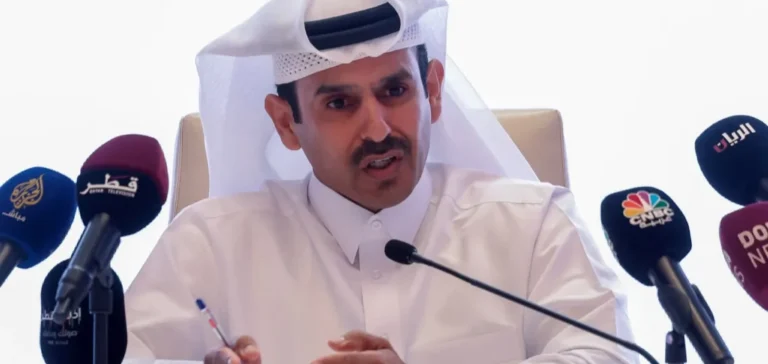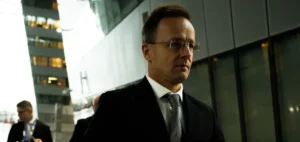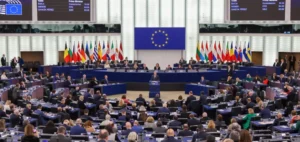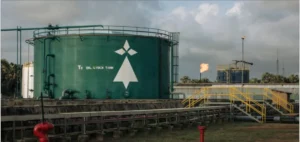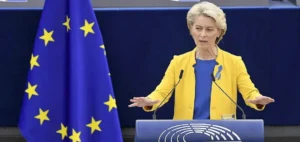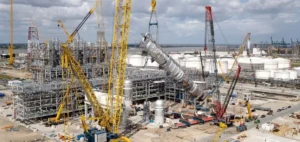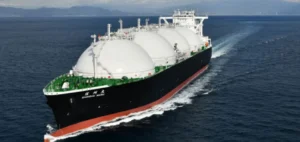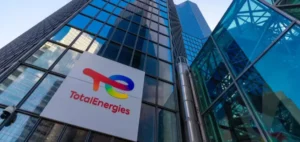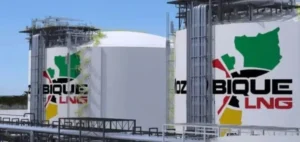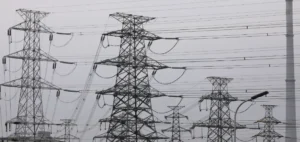Qatar and the United States have sent a joint letter to European Union heads of state expressing concern over the effects of the bloc’s corporate sustainability due diligence directive on liquefied natural gas (LNG) exports. This directive, currently in its final stages, requires large companies operating within the EU to identify and correct human rights and environmental violations in their supply chains or face financial penalties.
The letter, signed by Qatar’s Minister of Energy Saad al-Kaabi and U.S. Secretary of Energy Chris Wright, states that the rules represent “an existential threat” to the growth and competitiveness of Europe’s industrial economy. They also warned that the directive could undermine the reliability of energy supplies and increase costs for households and businesses across Europe.
Doha says proposed adjustments remain insufficient
On October 15, the European Parliament’s legal committee backed a partial softening of the text following pressure from several multinational companies operating in the energy and commodities sectors. However, Qatar’s energy minister stated that the proposed changes do not address the fundamental concerns of his government, particularly regarding the viability of export contracts to Europe.
Since Russia’s invasion of Ukraine in 2022, the European Union has increased its reliance on LNG imports from the United States and Qatar. Doha currently supplies between 12% and 14% of Europe’s LNG imports, according to the latest available data. QatarEnergy, the state-owned company, has signed long-term supply agreements with several major European energy players, including Shell in the United Kingdom, TotalEnergies in France and ENI in Italy.
Rising pressure on winter supply
Analysts expect up to 160 additional LNG cargoes to reach Europe this winter due to lower storage levels and declining pipeline flows from Russia and Algeria. This surge in demand is likely to strengthen the presence of U.S. gas on the European market as the bloc continues its efforts to diversify its energy sources.
The European Commission has not yet publicly responded to the joint letter sent by Doha and Washington.


